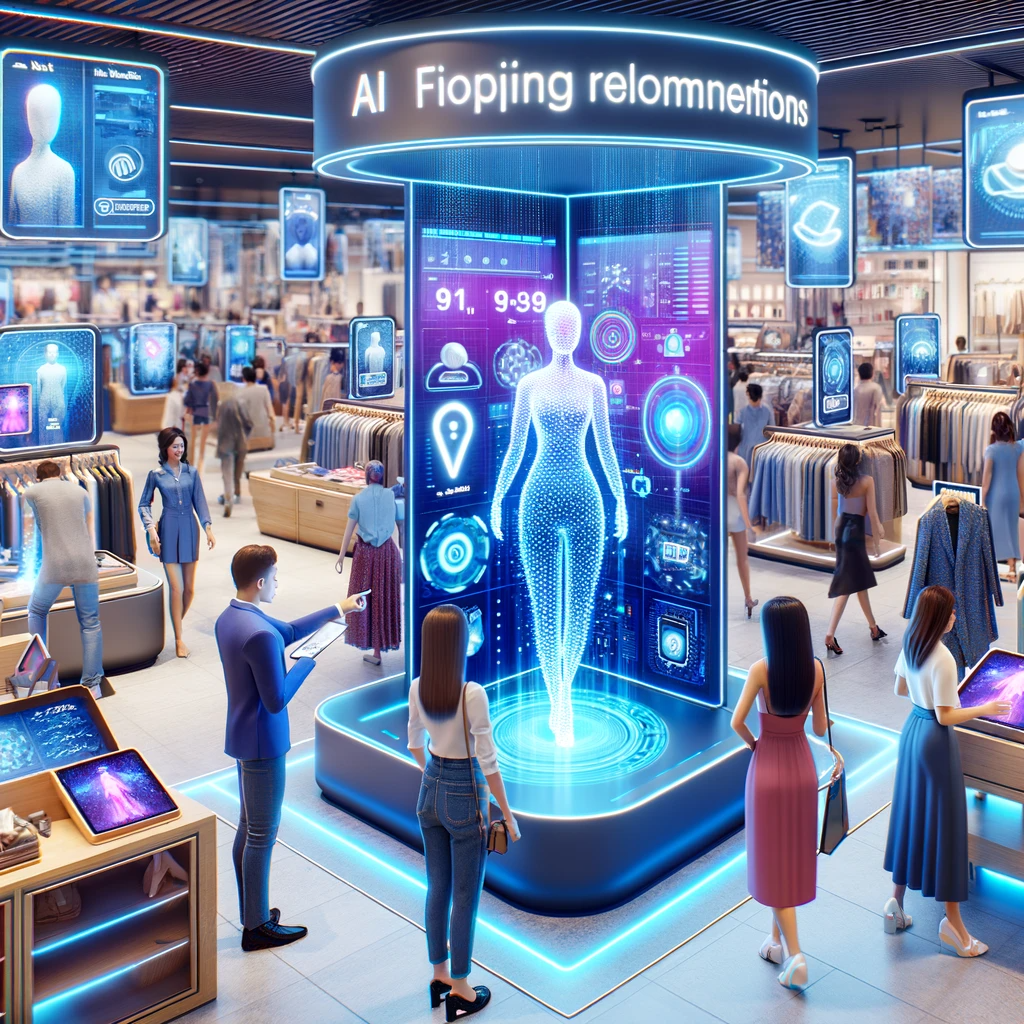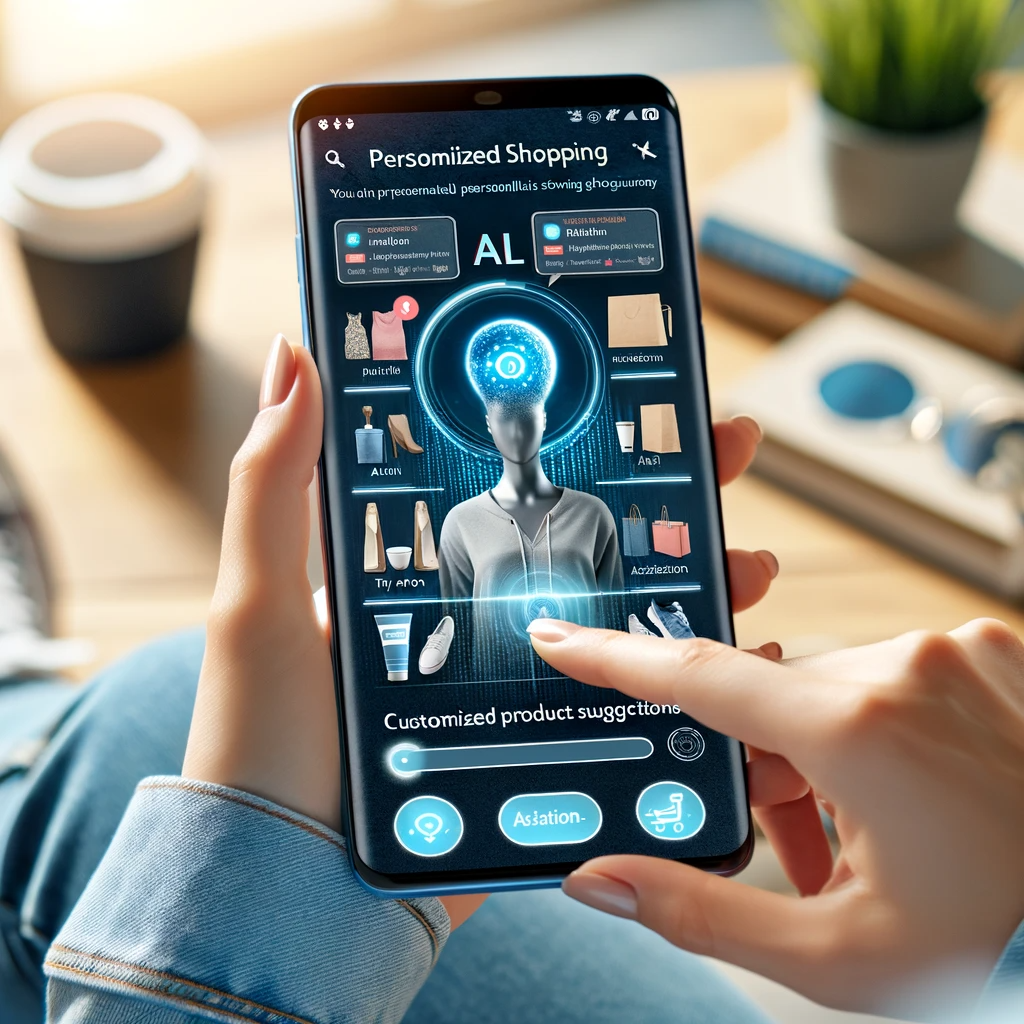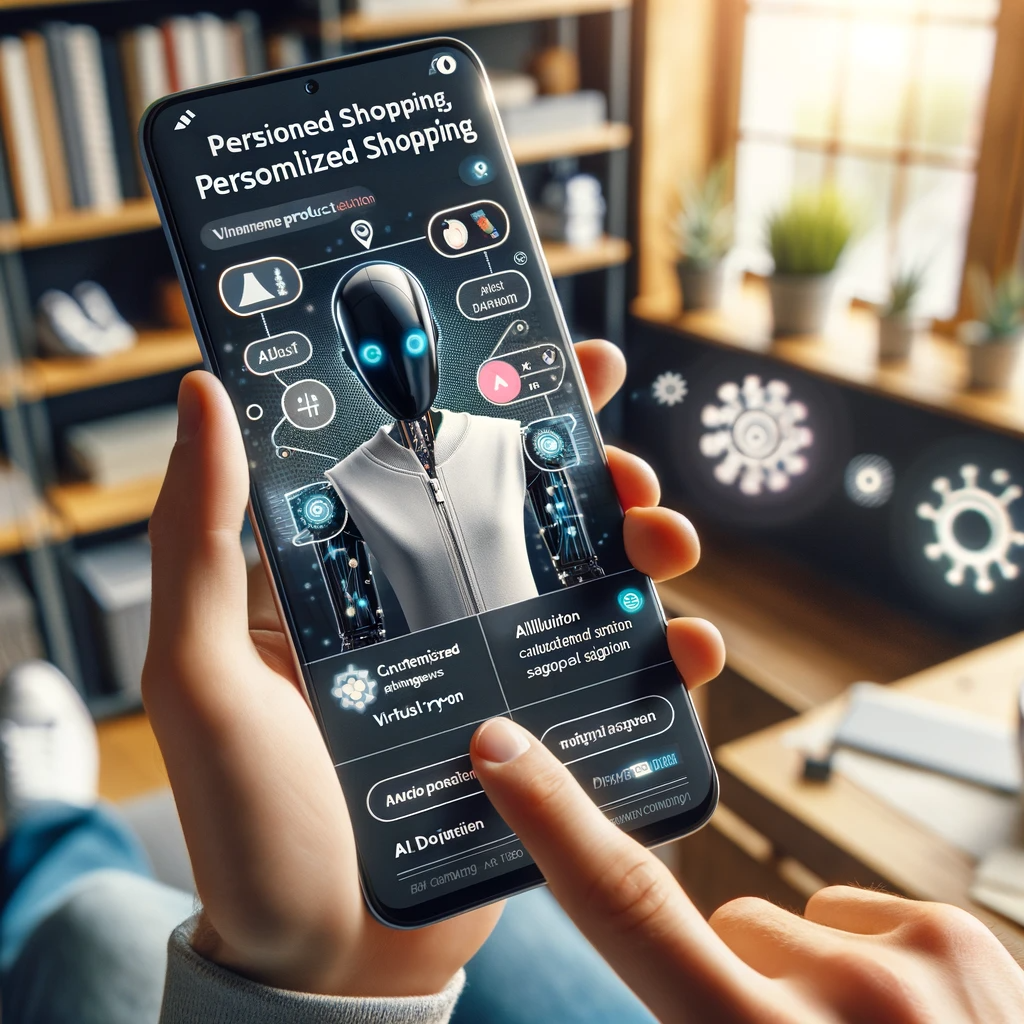The retail industry is undergoing a transformation, driven by the relentless advancement of technology. One of the most significant changes is the integration of artificial intelligence (AI) into every facet of the retail experience. AI is reshaping the way consumers shop, both online and in physical stores. At the heart of this transformation is the quest to provide personalized shopping experiences that cater to individual preferences and needs.
Understanding the Power of Personalization
Personalization in retail is not a new concept. For years, retailers have sought to understand their customers better and offer tailored products and services. However, the traditional methods of personalization were limited in their scope and effectiveness. They often relied on basic data such as purchase history and demographic information.
AI has changed the game. It has the capacity to process vast amounts of data, including real-time behavioral data, and extract meaningful insights. This enables retailers to create highly personalized experiences that resonate with consumers on a profound level. Whether you’re shopping for clothing, electronics, or groceries, AI-driven personalization is enhancing the retail landscape in various ways.

The Role of AI in Personalized Product Recommendations
One of the most visible ways AI impacts personalized retail shopping experiences is through product recommendations. AI algorithms analyze a shopper’s browsing and purchase history, product preferences, and even real-time interactions with the website or app. This data allows AI to suggest products that are not only relevant but also highly likely to pique the shopper’s interest.
Consider the example of e-commerce giant Amazon. The company’s recommendation engine uses AI extensively. When you browse a product on Amazon, you’re presented with a list of “Customers who bought this also bought…” or “Frequently bought together” items. These recommendations are powered by AI, and they are surprisingly accurate. This level of personalization not only increases sales but also enhances the shopping experience by reducing the time and effort required to find relevant products.
AI-Enhanced Customer Service and Support
Personalization in retail extends beyond product recommendations. AI-driven chatbots and virtual assistants are becoming increasingly sophisticated in providing personalized customer service. When you visit an online store, you might encounter a chatbot that can answer your questions, assist you in finding products, and even provide tailored advice based on your preferences.
These virtual assistants leverage natural language processing (NLP) and machine learning to understand and respond to customer inquiries. The more interactions they have, the better they become at providing relevant and helpful responses. This level of personalized customer support is available 24/7, enhancing the overall shopping experience and ensuring that customers can get assistance whenever they need it.
Creating Personalized Shopping Journeys
AI is not limited to online shopping. It is also revolutionizing the in-store retail experience. Retailers are implementing AI-driven solutions like smart mirrors, smart shelves, and interactive displays to create personalized shopping journeys.
Imagine trying on clothes in a fitting room equipped with a smart mirror. This mirror can recommend additional items that complement the clothing you’re trying on, suggest alternative sizes or colors, and even enable you to request assistance from a store associate without leaving the fitting room.
Smart shelves equipped with RFID technology can detect when a product is picked up and provide detailed information about it, including reviews, pricing, and compatibility with other products. This level of personalization ensures that customers receive the information they need to make informed purchasing decisions.

The Future of AI in Retail
The potential of AI in retail is vast, and its evolution shows no signs of slowing down. Retailers are investing heavily in AI-powered solutions to gain a competitive edge and provide superior shopping experiences. Here are some trends that highlight the future of AI in personalized retail:
- Hyper-Personalization: AI will continue to refine its ability to provide hyper-personalized recommendations, taking into account even the subtlest of customer preferences.
- Augmented Reality (AR) Shopping: AR will play a more significant role in retail, allowing customers to virtually try on clothing, accessories, and even furniture before making a purchase.
- Voice Commerce: Voice-activated shopping through devices like smart speakers will become more prevalent, with AI understanding and fulfilling spoken shopping requests.
- Supply Chain Optimization: AI will optimize supply chains to ensure products are available when and where customers want them, reducing out-of-stock situations and delivery delays.
- Enhanced Customer Insights: AI will provide retailers with deeper insights into customer behavior and sentiment, enabling more effective marketing and product development.
In conclusion, AI is driving the evolution of personalized retail shopping experiences in profound ways. Whether you’re shopping online or in-store, AI is working behind the scenes to ensure that your experience is tailored to your preferences and needs. As AI continues to advance, the retail landscape will become even more customer-centric, offering a level of personalization that was once unimaginable.
